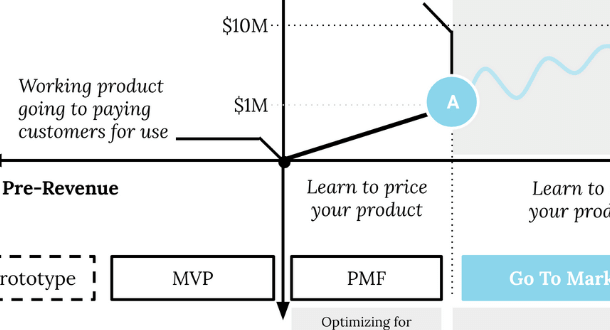The transformation of business service providers
Many business service providers exist because there are frictions between supply and demand. They solve these frictions through the contribution of knowledge and expertise. That is their added value...
Many business service providers exist because there are frictions between supply and demand. They solve these frictions through the contribution of knowledge and expertise. That is their added value. Think for example of business service providers in the financial sector, such as banks. In the past, if I wanted to take out a mortgage, I would go to the bank where I already banked, have one or two conversations with them, and then close the mortgage by signing the contract in the third conversation. Perhaps I did the same with another bank but that chance was already much smaller.
Today, I go to a mortgage comparison site, type in my information and let the website determine which three providers I want automated quotes from. I choose what suits me and can even, in some cases, close the mortgage already online. In short, smart technology means I no longer need that man in a tie.
Business models in transformation
In business services, the more traditional business models are under pressure and need to be firmly innovated in order to continue to demonstrate added value. Fortunately, after a somewhat troubled start, many are doing quite well, especially as they have now been forced by market developments. And if things are not going well, the new service providers with their Internet-driven business model are already there. In short: the overall market in business services is growing, but it is more important than ever to respond immediately to new opportunities facilitated by Internet technology. And a lot is possible in this regard.
Customer-centricity as a starting point
Many business service providers have built their business in the past and more or less still rely on it. This business is mainly based on the knowledge and skills in the heads of their employees, whether or not encapsulated in processes and procedures. They reason strongly from a product/services focus, also called product-centricity.
Many see and feel that things may have to change and start a customer-centricity project. These kinds of trajectories do help some, but at the core little changes and they remain stuck in some nicely formulated core values that focus on the customer and some modern IT tooling on the periphery of the company. That's usually not the transition the company needs. You will have to go deeper into all areas of your business, but you have to really want to do that and it won't be easy. Existing business goals, processes and people will have to give way to new vistas and there will have to be room to explore the new. Always with the customer as the starting point.
Innovation and IT primarily focused on existing business. Where is the entrepreneurship for tomorrow?
According to research by PWC and Berenschot very clearly show that in most boardrooms innovation and digitalization go hand in hand and that these two agenda items are at the top of the wish list. However, what is also striking is that this innovation and digitalization are mainly focused on the existing business. So they are going to tinker with what they were already doing. Nothing wrong with that, but at its core it is mainly about efficiency and effectiveness improvement of what you were already doing. It is precisely in business services that you have to talk to each other about real innovation and even better about disruption. And this is often lacking.
Of course, this is partly due to the nature of the business in business services. It is strongly knowledge-driven and thus building on already existing profitable business practices that pass from one knowledge professional to another. Why change?
However, if you look closely and listen to the market and to your customers, there has long been room for new initiatives. But you have to tap into your entrepreneurial qualities and really want something. Then you will make a difference and be able to continue adding value long into the future. Both for your customers and your own employees. Pretty much your most important assets.

Want to get the most out of HubSpot? Subscribe to our newsletter, follow us on LinkedIn, or attend our HubSpot User Days!
Explore HubSpot User DaysShare this
You May Also Like
These Related Stories

It is high time for marketing to claim its place at the table.

Why it's best to look to your customers (too) to drive growth.

